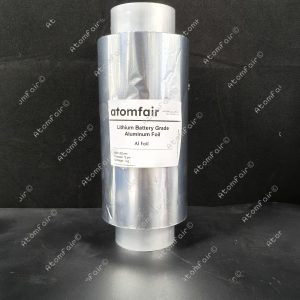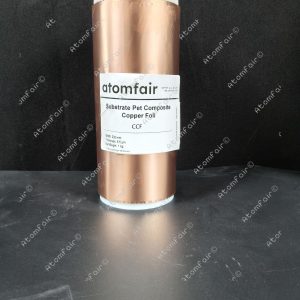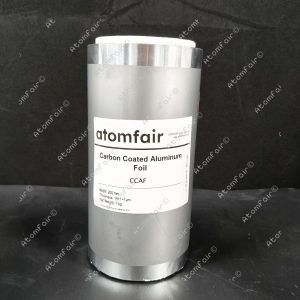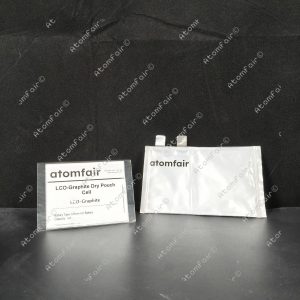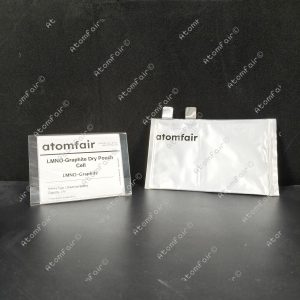Your cart is currently empty!

Atomfair Vinylene carbonate VC C3H2O3
Description Vinylene Carbonate (CAS 872-36-6) is a high-purity, cyclic carbonate compound with the molecular formula C3H2O3, also known by its IUPAC name 1,3-dioxol-2-one . This colorless to pale-yellow liquid is a critical electrolyte additive in advanced lithium-ion battery systems, renowned for its ability to enhance anode stability and cycle life. Its unique vinylene group enables polymerization on electrode surfaces, forming a robust solid-electrolyte interphase (SEI) layer that minimizes electrolyte decomposition and improves high-temperature performance. Vinylene carbonate is synthesized under stringent quality controls to ensure >99% purity, making it ideal for research and industrial applications in energy storage. Packaged under inert…
Description
Description
Vinylene Carbonate (CAS 872-36-6) is a high-purity, cyclic carbonate compound with the molecular formula C3H2O3, also known by its IUPAC name 1,3-dioxol-2-one. This colorless to pale-yellow liquid is a critical electrolyte additive in advanced lithium-ion battery systems, renowned for its ability to enhance anode stability and cycle life. Its unique vinylene group enables polymerization on electrode surfaces, forming a robust solid-electrolyte interphase (SEI) layer that minimizes electrolyte decomposition and improves high-temperature performance. Vinylene carbonate is synthesized under stringent quality controls to ensure >99% purity, making it ideal for research and industrial applications in energy storage. Packaged under inert gas to prevent moisture absorption, it is compatible with organic solvents such as ethylene carbonate (EC) and dimethyl carbonate (DMC).
- CAS No: 872-36-6
- Molecular Formula: C3H2O3
- Molecular Weight: 86.05
- Exact Mass: 86.000393922
- Monoisotopic Mass: 86.000393922
- IUPAC Name: 1,3-dioxol-2-one
- SMILES: C1=COC(=O)O1
- Synonyms: VINYLENE CARBONATE, 1,3-Dioxol-2-one, 872-36-6, Vinyl carbonate, Carbonic acid, cyclic vinylene ester
Application
Vinylene carbonate is a pivotal additive in lithium-ion battery electrolytes, where it polymerizes on anode surfaces (e.g., graphite or silicon) to form a stable SEI layer, reducing irreversible capacity loss. It significantly improves high-temperature performance by suppressing gas generation and electrolyte degradation. Researchers also utilize it to passivate silicon-based anodes, mitigating volume expansion issues. Its applications extend to next-generation batteries, including lithium-sulfur and solid-state systems.
If you are interested or have any questions, please contact us at support@atomfair.com
Related products
-
Atomfair 1 kg/roll Battery Grade Aluminum Foil (200mm W x 12um T) for Battery Electrode Substrate/ Current Collector
$169.95 -
Atomfair 1 kg/roll Battery Grade PET Composite Copper Foil for Battery Anode Substrate/ Current Collector
$529.95 -
Atomfair 1 kg/roll Double Sides Conductive Carbon Coated Aluminum Foil for Battery Electrode Substrate/ Current Collector (200 mm wide 14+1+1 um thick)
$189.95 -
Atomfair 1AH LCO || Graphite Dry Pouch Cell Lithium Ion Battery
$169.95 -
Atomfair 1AH LMNO || Graphite Dry Pouch Cell Lithium Ion Battery
$189.95
